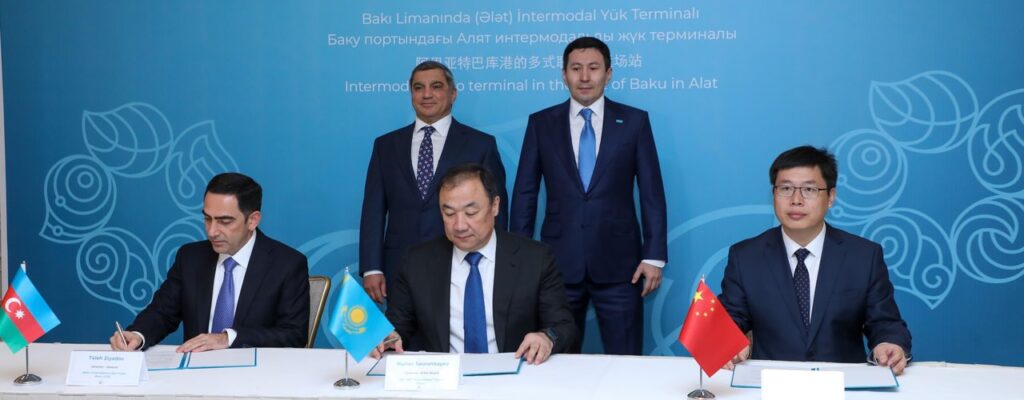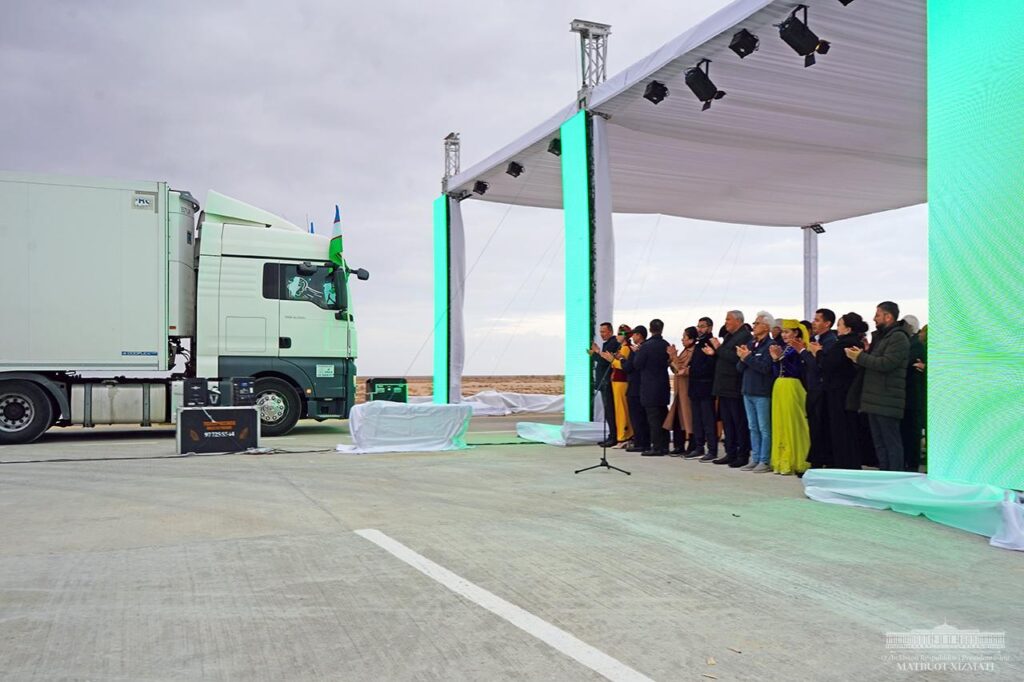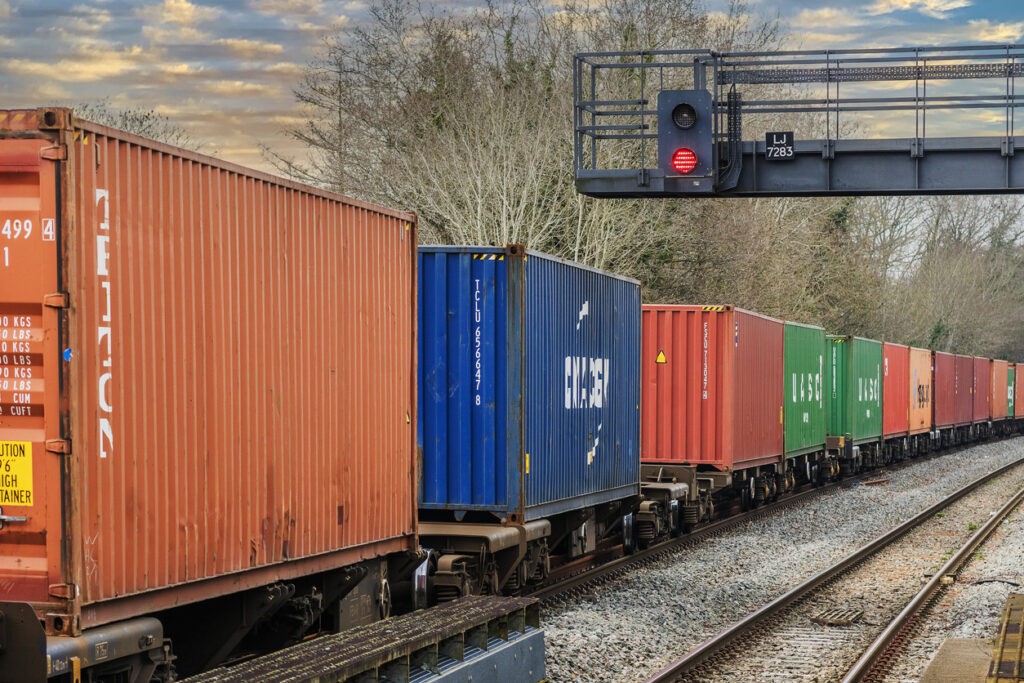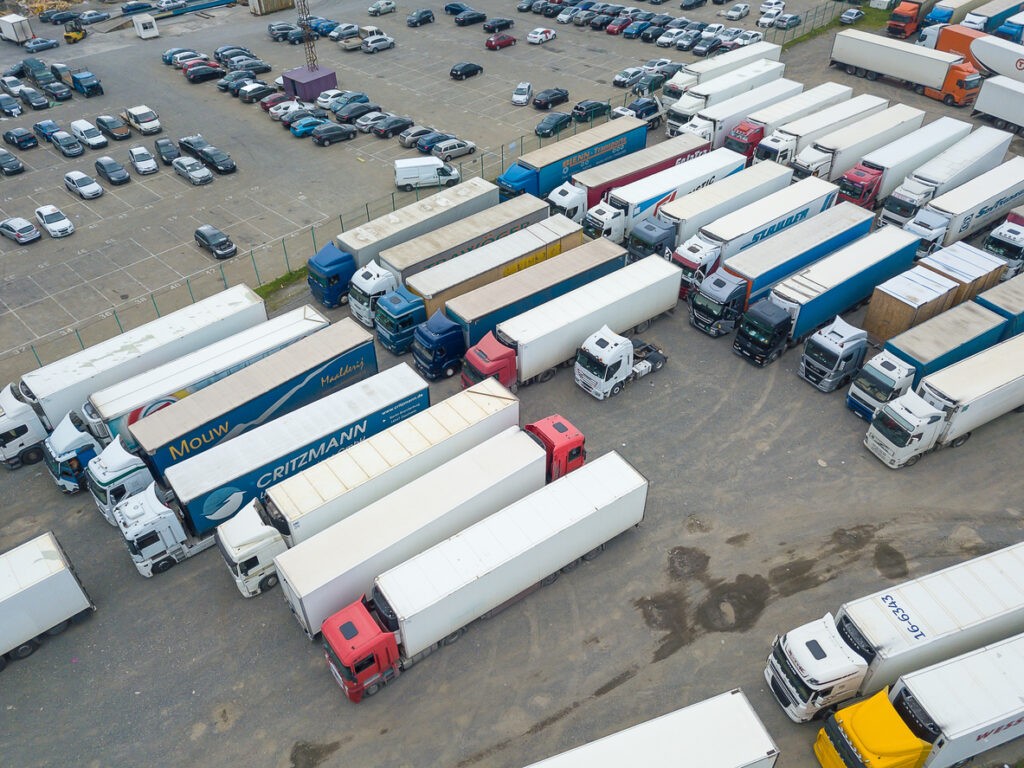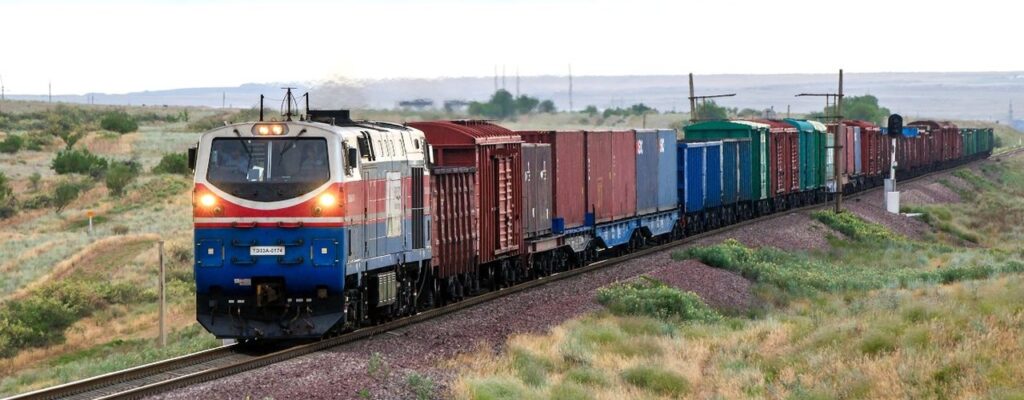Kazakhstan, Azerbaijan and China Establish Joint Cargo Terminal in Baku
Azerbaijan, China, and Kazakhstan have signed an agreement to establish an intermodal cargo terminal in the Port of Alat in Baku, the Azerbaijani capital. The agreement was signed in Baku on November 12 by SK-AIH Investment Fund Ltd (Samruk-Kazyna, Azerbaijan Investment Holding), Kazakhstan Temir Zholy (Kazakhstan’s national railway company), Baku International Sea Trade Port (Azerbaijan), and Xi'an Free Trade Port Construction and Operation Co., Ltd (China). The project was made possible through Azerbaijan’s provision of a land plot, operational berths, and terminal facilities at the Port of Alat. This new terminal is expected to increase container train traffic between China and Europe along the Trans-Caspian International Transport Route (TITR), also known as the Middle Corridor, reducing delivery times, transportation costs, and transshipment time. The terminal will feature a universal cargo yard, a covered warehouse complex spanning 5,000 square meters, and a container yard with a capacity of over 1,000 containers. Kazakhstan and China plan to increase the volume of cargo transported along the TITR to 600 container trains per year by 2025–2026, with targets of 1,000 container trains in 2027 and 2,000 by 2029, according to Kazakhstan’s Ministry of Transport. In 2023, transit volumes between China and Europe through Kazakhstan reached 2.76 million tons—a 65% increase from 1.7 million tons in 2022. The TITR connects China and Europe via Central Asia and the Caucasus, bypassing Russia, offering a strategic link between the two regions.
